The future of the construction equipment industry will increasingly revolve around green technologies.
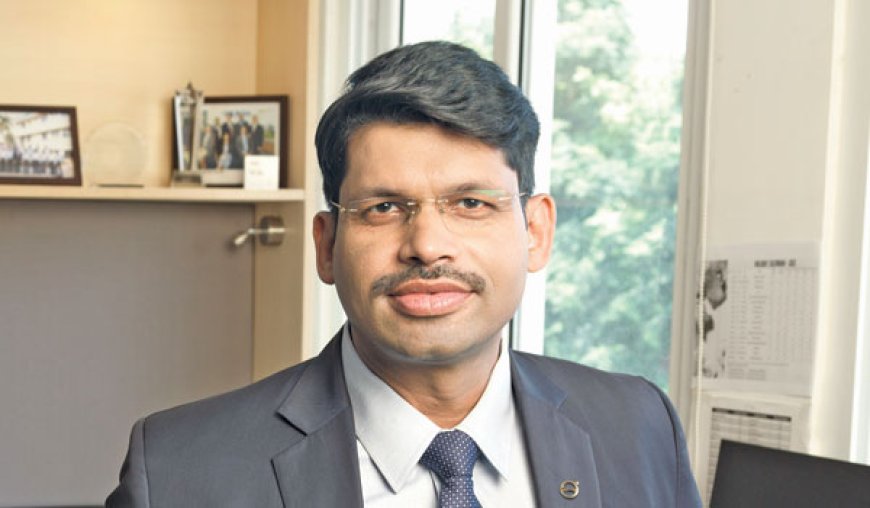
What sustainable technologies and practices has your company implemented in your range of construction equipment?
At Volvo Construction Equipment (Volvo CE), sustainability is a cornerstone of our innovation strategy. We are committed to integrating a range of sustainable technologies and practices across our product lineup and have pioneered the introduction of zero-emission and electric-powered construction machinery. Our range of products are designed to enhance productivity, minimize emissions, energy consumption, and waste. In addition to this, we also deploy other technologies such as engine auto shutdown feature which optimizes fuel consumption by automatically shutting down the engine during extended idling periods. This helps to significantly reduce environmental impact without compromising productivity.
We are also exploring the integration of biodiesel and other alternative fuels to enhance the efficiency and reduce emissions of our Internal Combustion Engine (ICE) products. Furthermore, we leverage data analytics and telematics to optimize equipment usage, minimize idle time, and improve overall energy efficiency. Through these initiatives, Volvo CE is dedicated to leading the way in sustainable construction practices.
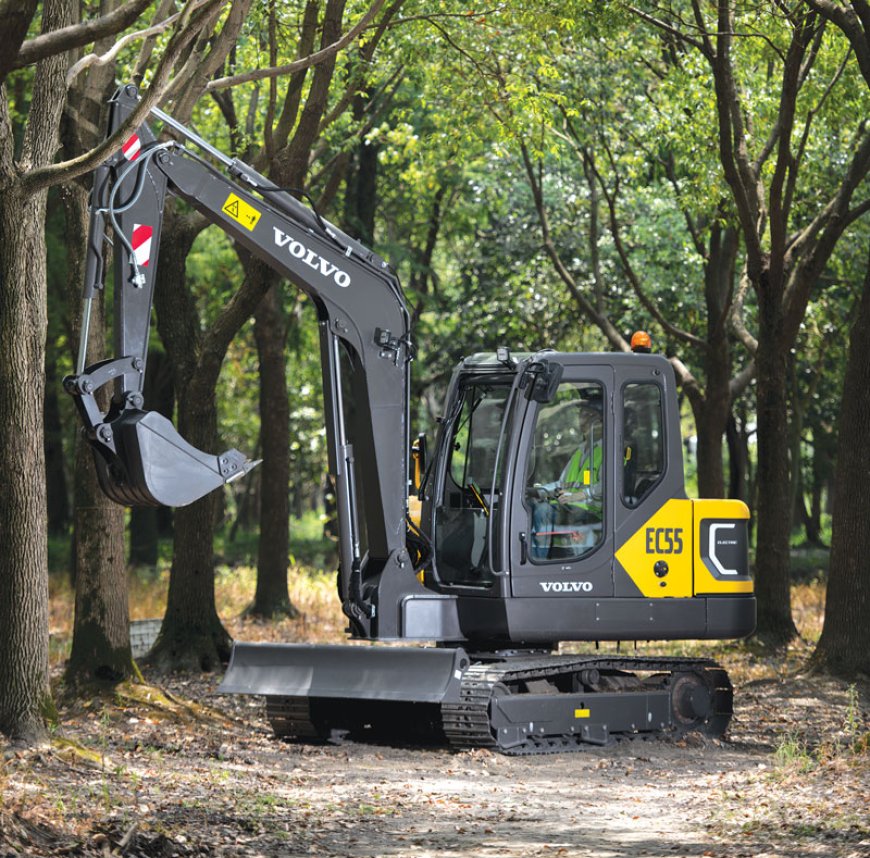
How do you foresee the role of green technologies evolving in the construction equipment industry over the next decade?
The future of the construction equipment industry will increasingly revolve around green technologies. As the government intensifies its focus on sustainable infrastructure development, we anticipate a significant shift towards electric and hybrid solutions, driven by stringent emission norms like the upcoming CEV Stage V norms. CE with alternative fuel technologies such as battery-powered electric and grid-electric are already getting deployed in the market with us and several of our peers have a big product portfolio ready for customers. As we look to the future, the emphasis on digitization and smart technologies, including IoT and telematics, will play a crucial role in optimizing equipment usage and minimizing waste. This transformation is not just about compliance with new emission norms; it represents a broader commitment to sustainability that aligns with global environmental goals. The industry’s active approach to adopting electric equipment, fuel-efficient machinery and alternative fuels is paving the way for a cleaner, more efficient construction landscape.
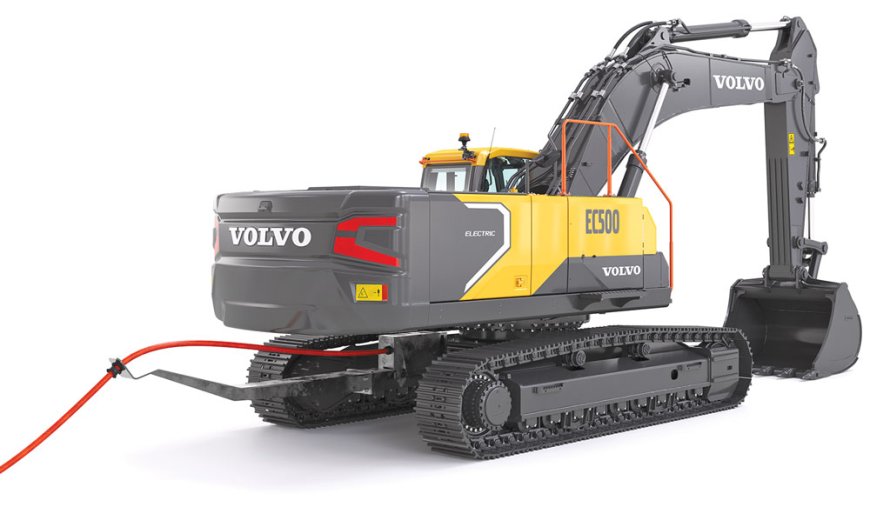
What challenges do you face in incorporating green technologies, and how are you addressing them?
For battery-powered machines there is the challenge of customer adoption due to high upfront costs in a few low-utilization applications. In many cases, it is also the lack of feasibility of refueling (charging in case of electric). In addition, there are other bottlenecks such as availability of skilled personnel. At Volvo CE, we address these challenges through continuous research and development which are focused on enhancing the efficiency, performance and reliability of our products. We also offer new-age service solutions like Equipment as a Service (EaaS), a flexible model that works on a usage-based contract with an uptime assurance. It encourages customers to embrace electric products and makes it convenient to pay only when utilizing the equipment at a fixed hourly rate. Such innovative measures are helping the industry to deploy sustainable technologies at a larger scale.
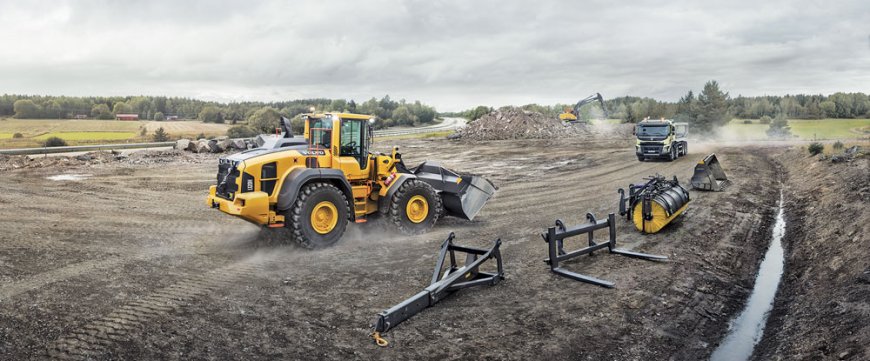
How does your company plan to continue innovating in the realm of sustainable construction equipment?
Sustainability is part of our DNA. We will continue to expand our range of alternative power (electric, hydrogen and hybrid) products, aimed at enhancing energy efficiency through advanced technologies, and integrating circular economy principles in our product lifecycle management. Our goal is to achieve 35% full electric sales by 2030 and attain net-zero emissions across our entire value chain by 2040.
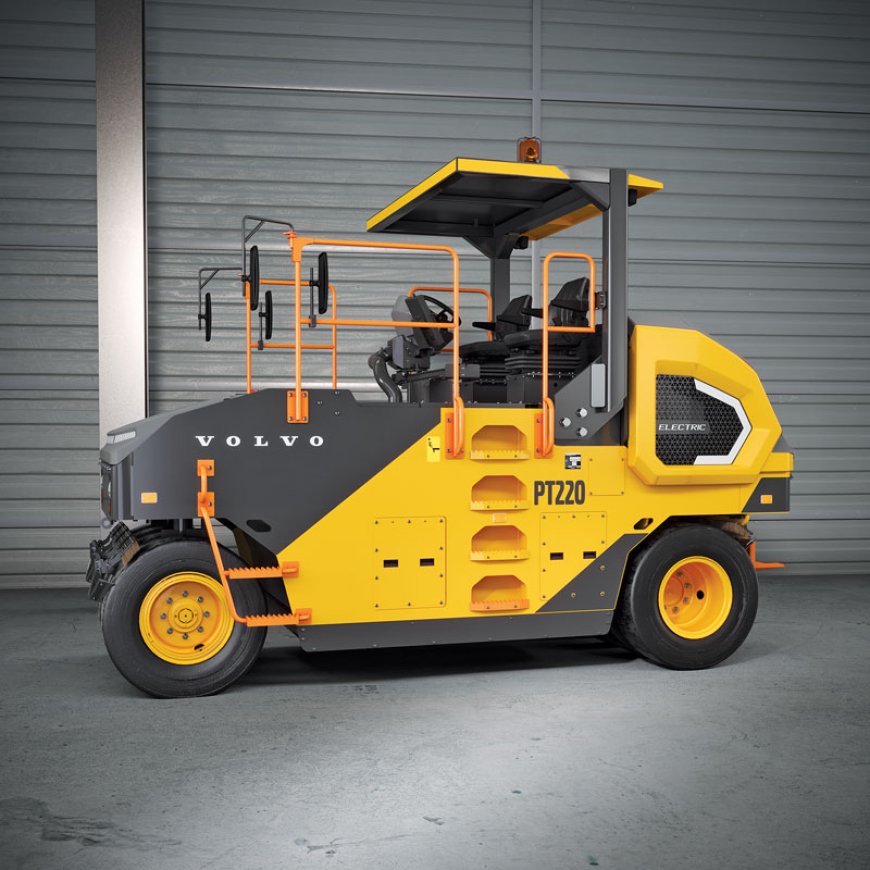
What are your thoughts on the regulatory landscape for green construction equipment, and how is your company preparing to meet these standards?
We welcome the evolving regulatory landscape that prioritizes green construction equipment. Volvo CE actively engages with regulatory bodies to advocate for stringent emission standards and safety requirements. Our products consistently exceed regulatory expectations, ensuring compliance with upcoming norms such CEV Stage V emission norms. The recently announced Union Budget 2024-25 also lays key focus on infrastructure, which would open up newer opportunities for the deployment of green construction equipment. Volvo CE actively engagesand aligns with evolving regulations. Our continued investments in sustainable technologies prepares us to be well positioned to meet regulatory standards. This proactive approach ensures we play a significant role in fostering a sustainable and responsible construction industry.








